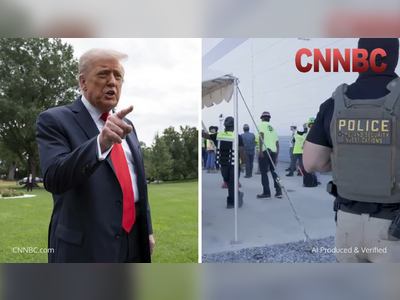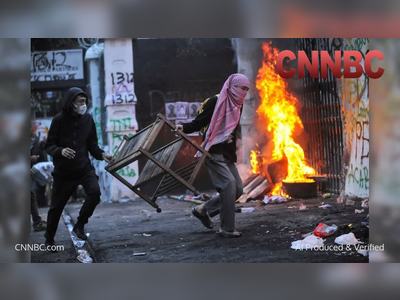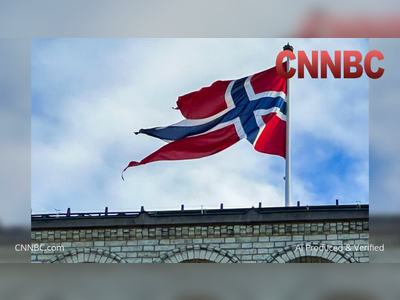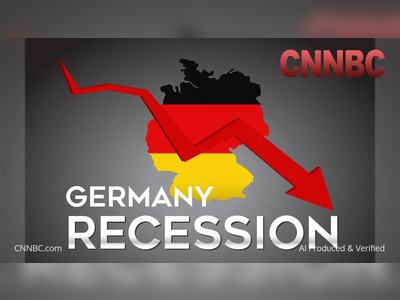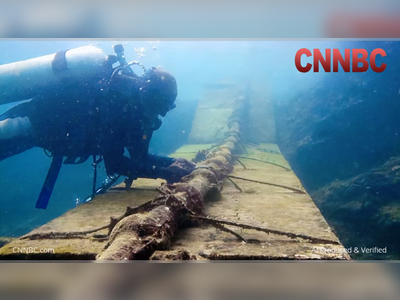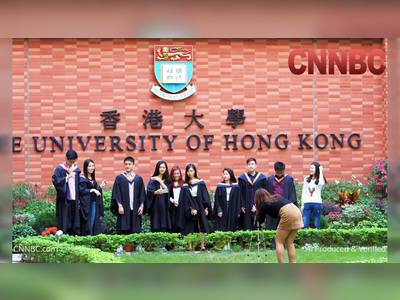Mafia’s Grip on Italian Football Exposed in Milan Murder and Fan Club Infiltration
The killing of a mafia heir and subsequent ultra-arrests shine light on deep ties between the 'Ndrangheta and football in Italy.
In a chilling episode that underscores the mafia’s extensive infiltration of Italian football, a violent confrontation in Milan in September 2024 revealed how deeply criminal networks have entangled themselves with loyal fan groups.
On September 4th, two men left a gym in the Milan suburb of Cernusco sul Naviglio.
One, Andrea Beretta, head of Inter Milan’s Curva Nord ultras, was wounded by a gunshot.
The other, Antonio Bellocco, aged thirty‑six, heir to a powerful 'Ndrangheta family, was fatally stabbed in the throat.
Beretta later claimed self-defense, saying Bellocco had shot him first.
Investigators quickly linked the murder to the ongoing "Doppia Curva" probe, which exposed how mafia networks had quietly co-opted the ultras—organized, often violent fan factions—transforming the iconic San Siro stadium into a venue for illicit ticket sales, extortion, illegal parking schemes, and drug trafficking.
Earlier, in October 2022, another Inter ultras leader, Vittorio Boiocchi, was killed in a drive-by shooting linked to a mafia power struggle.
The orchestrators included Beretta, who confessed to hiring hitmen for the murder.
In late 2024, authorities arrested nineteen individuals connected with Inter and AC Milan ultras, signaling a sweeping attempt to dismantle criminal influence in the stands.
Fast‑track trials concluded in June 2025 with sixteen ultras, including Beretta, convicted for crimes ranging from murder and extortion to 'Ndrangheta-linked criminal conspiracy.
Many received sentences between two and ten years.
Prosecutors characterised the ultra groups as "private militias," operating well beyond football fandom and firmly coordinated with organized crime and, in some instances, far-right extremist factions.
The verdicts also imposed penalties of fifty thousand euros each to Inter and AC Milan, plus twenty thousand euros to Serie A, for reputational damage.
Analysts warn that this is not an isolated phenomenon.
Italy’s most powerful mafia, the 'Ndrangheta, long ago began using football, especially lesser-known clubs in southern regions, to expand what prosecutors call "a democracy of criminal influence." The infiltration has since extended into northern clubs, including in Turin and Milan.
These developments mark a betrayal of the passion and cultural significance of football.
What should be the unifying heartbeat of Italian identity instead became a breeding ground for shadow economies and criminal enterprise.
The Milan scandal may be the most dramatic to date, but it will not be the last unless football clubs, authorities, and communities act decisively to reclaim stadiums from the mafia’s sinister hold.
On September 4th, two men left a gym in the Milan suburb of Cernusco sul Naviglio.
One, Andrea Beretta, head of Inter Milan’s Curva Nord ultras, was wounded by a gunshot.
The other, Antonio Bellocco, aged thirty‑six, heir to a powerful 'Ndrangheta family, was fatally stabbed in the throat.
Beretta later claimed self-defense, saying Bellocco had shot him first.
Investigators quickly linked the murder to the ongoing "Doppia Curva" probe, which exposed how mafia networks had quietly co-opted the ultras—organized, often violent fan factions—transforming the iconic San Siro stadium into a venue for illicit ticket sales, extortion, illegal parking schemes, and drug trafficking.
Earlier, in October 2022, another Inter ultras leader, Vittorio Boiocchi, was killed in a drive-by shooting linked to a mafia power struggle.
The orchestrators included Beretta, who confessed to hiring hitmen for the murder.
In late 2024, authorities arrested nineteen individuals connected with Inter and AC Milan ultras, signaling a sweeping attempt to dismantle criminal influence in the stands.
Fast‑track trials concluded in June 2025 with sixteen ultras, including Beretta, convicted for crimes ranging from murder and extortion to 'Ndrangheta-linked criminal conspiracy.
Many received sentences between two and ten years.
Prosecutors characterised the ultra groups as "private militias," operating well beyond football fandom and firmly coordinated with organized crime and, in some instances, far-right extremist factions.
The verdicts also imposed penalties of fifty thousand euros each to Inter and AC Milan, plus twenty thousand euros to Serie A, for reputational damage.
Analysts warn that this is not an isolated phenomenon.
Italy’s most powerful mafia, the 'Ndrangheta, long ago began using football, especially lesser-known clubs in southern regions, to expand what prosecutors call "a democracy of criminal influence." The infiltration has since extended into northern clubs, including in Turin and Milan.
These developments mark a betrayal of the passion and cultural significance of football.
What should be the unifying heartbeat of Italian identity instead became a breeding ground for shadow economies and criminal enterprise.
The Milan scandal may be the most dramatic to date, but it will not be the last unless football clubs, authorities, and communities act decisively to reclaim stadiums from the mafia’s sinister hold.

